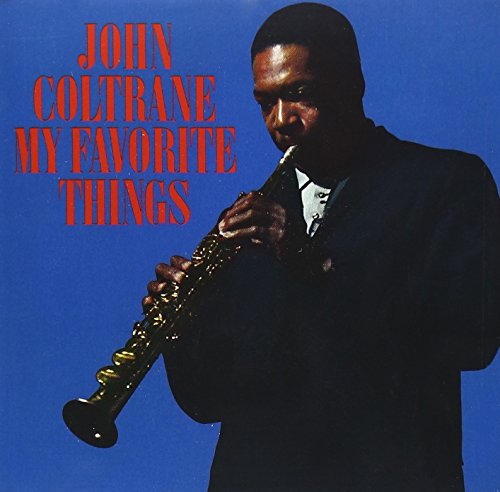Troy Davis was executed in Georgia despite substantial questions about whether he committed the murder that put him on death row. Hank Skinner has just received a stay only two days before his scheduled execution in Texas, which incomprehensibly continues to fight DNA testing of key evidence that could prove Skinner's innocence -- or reaffirm his guilt.
Given how unwilling the courts and state officials are to reconsider and re-examine death judgments in cases involving the seemingly fundamental question of innocence, imagine how the many other issues critical to determining the fairness and reliability of death verdicts are treated among the remaining 3000 plus men and women on death row across the United States.
One of the most persistent problems plaguing capital cases is the absence of well-trained and competent trial counsel. As a result, the death penalty, as legendary capital defender Steve Bright has said, is often reserved for the case with the worst lawyer not the worst crime. Indeed, there are countless cases in which trial counsel fails to investigate and adequately challenge the prosecution's case and where juries and judges reach death verdicts without ever being presented with compelling evidence about the defendants' life circumstances, mental health and cognitive abilities essential for a fair determination of life or death.
There are countless cases where juries are improperly instructed or misled by prosecutors about how to reach a verdict. There are countless cases where unreliable evidence, such as jailhouse
informant testimony or junk science, has resulted in wrongful
convictions. There are countless cases where jurors rely on improper factors or commit misconduct in reaching a death verdict. And, there are countless cases where a defendant is tried, convicted and sentenced to death based on factors having nothing to do with the crime, most notably race, but also gender, class, politics and geography.
Our justice system -- indeed, any justice system -- is ill equipped to provide the kind of infallibility necessary for the imposition of the ultimate sanction of death. But rather than take measures to ensure even some modicum of reliability and fairness, the imperative of finality has taken precedence. Federal laws and an increasingly intransigent Supreme Court continue to create ever more barriers to full and fair review of death penalty judgments. A morass of procedural rules have been erected in order to avoid addressing the underlying facts of cases altogether. Thus, death judgments are affirmed and executions go forward after courts have refused to consider critical issues on the grounds that they were not raised at trial or in earlier appellate proceedings or because new evidence was not discovered and presented sooner or because state courts were assumed to have resolved the matters in earlier proceedings.
The execution of Troy Davis and the near execution of Hank Skinner are shocking examples of injustice. There are thousands more languishing on death row.
Monday, November 7, 2011
America's Shame: Troy Davis, Hank Skinner And A Cast Of Thousands
Tags
Death Penalty
,
law and justice
Subscribe to:
Post Comments
(
Atom
)



0 comments :
Post a Comment